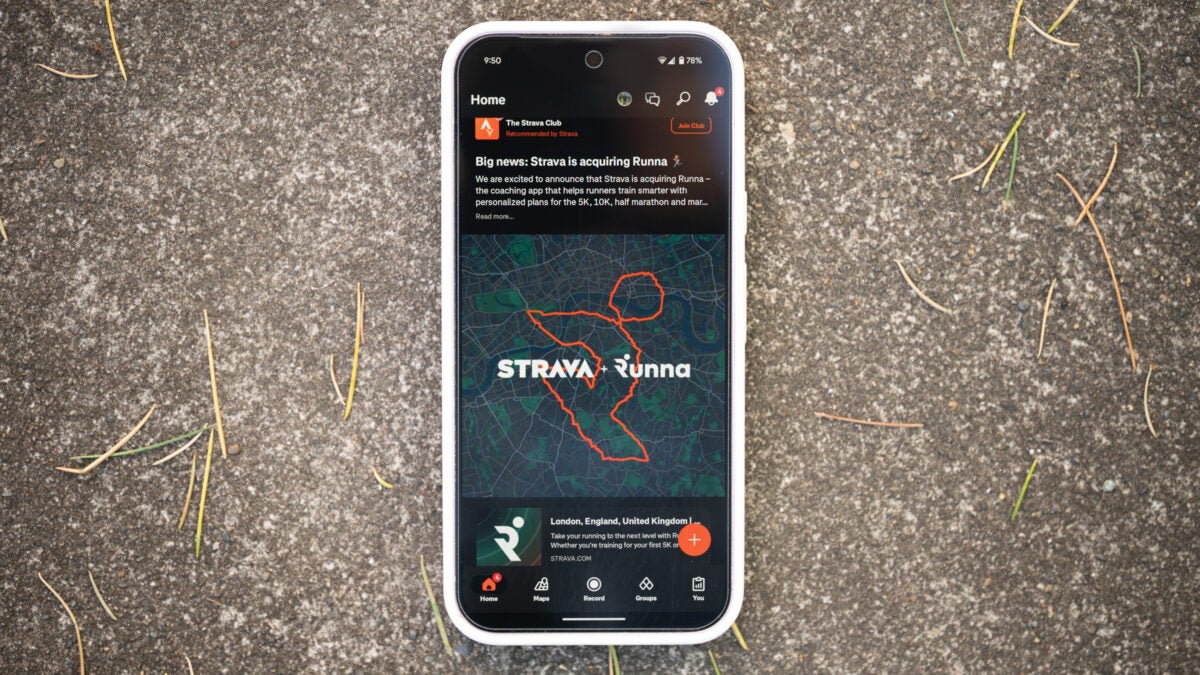全部新闻
本周技术:Strava策略揭示,颜色使匹配变得容易,在世界各地进行AI培训和协作路线计划
Sweet Protection推出了Hyper Violet,作为一种新的特别版颜色,可在七个头盔型号,太阳镜和护目镜中提供。Vekta是一种用于自行车分析的AI软件,宣布与专业自行车团队Arkéa的合作伙伴关系 - B&B酒店,GreenEdge Cycling和FDJ - Suez。XERT引入了一个耐久性指标,可在长途骑行期间跟踪FTP变化,从而增强其训练平台功能。乘坐GPS启动协作路线计划功能,使多个用户可以同时处理路线。斯特拉瓦(Strava)收购了为跑步者提供的AI驱动教练应用程序Runna,可能为自行车运动的自适应培训计划铺平了道路。Hammerhead为其karoo计算机壳释放新的颜色选项(上升紫色,霜灰色和薄雾蓝色)。

Microsoft研究人员构建了具有2B参数的1位AI LLM - 型号很小,可以在某些CPU上运行
微软研究人员已经开发了B1.58 2B4T,这是一种开放式轻量级语言模型(LLM),其参数为20亿个参数。该模型仅允许三个值(-1、0,+1)允许使用三个值(-1、0,+1)的唯一功能,即使在CPU上也有效地运行,仅需要400MB的非填充内存,并且比较大模型所需的功率更少。尽管与更广泛的AI模型相比,精度较低,但Bitnet在基准测试中表现出色,并且可以通过拥抱脸进行实验。可以在GitHub上访问推理框架bitnet.cpp,对于其有效性能至关重要。

教学机器的语言:缩放大型语言模型以进行下一代单细胞分析
C2S尺度是一个开源大型语言模型(LLMS)的家族,旨在通过将基因表达谱转换为可读的文本,来解释单细胞RNA测序(SCRNA-SEQ)数据。该技术使自然语言与生物数据集的互动,使研究人员更容易访问和更易于理解。C2S尺度支持应用程序,例如预测细胞对治疗的反应,总结复杂的SCRNA-SEQ数据以及通过虚拟细胞建模加速药物发现。模型家族的规模从4.1亿到270亿个参数不等,为不同的研究需求和计算资源提供了灵活性。

现在,美国的大学生免费获得Google AI和2 TB存储的最佳资格
Google为包括2 TB存储的学生提供限时免费计划,并访问高级AI工具,例如Gemini Advanced,NotebookLM Plus和VEO 2,直到2026年春季决赛。此优惠涵盖了本学年和下一个学年,提供了深入的研究功能,音频概述,视觉思维地图以及图像和视频生成的创造力工具。学生可以在官方网站上通过Google一个AI高级计划注册。







